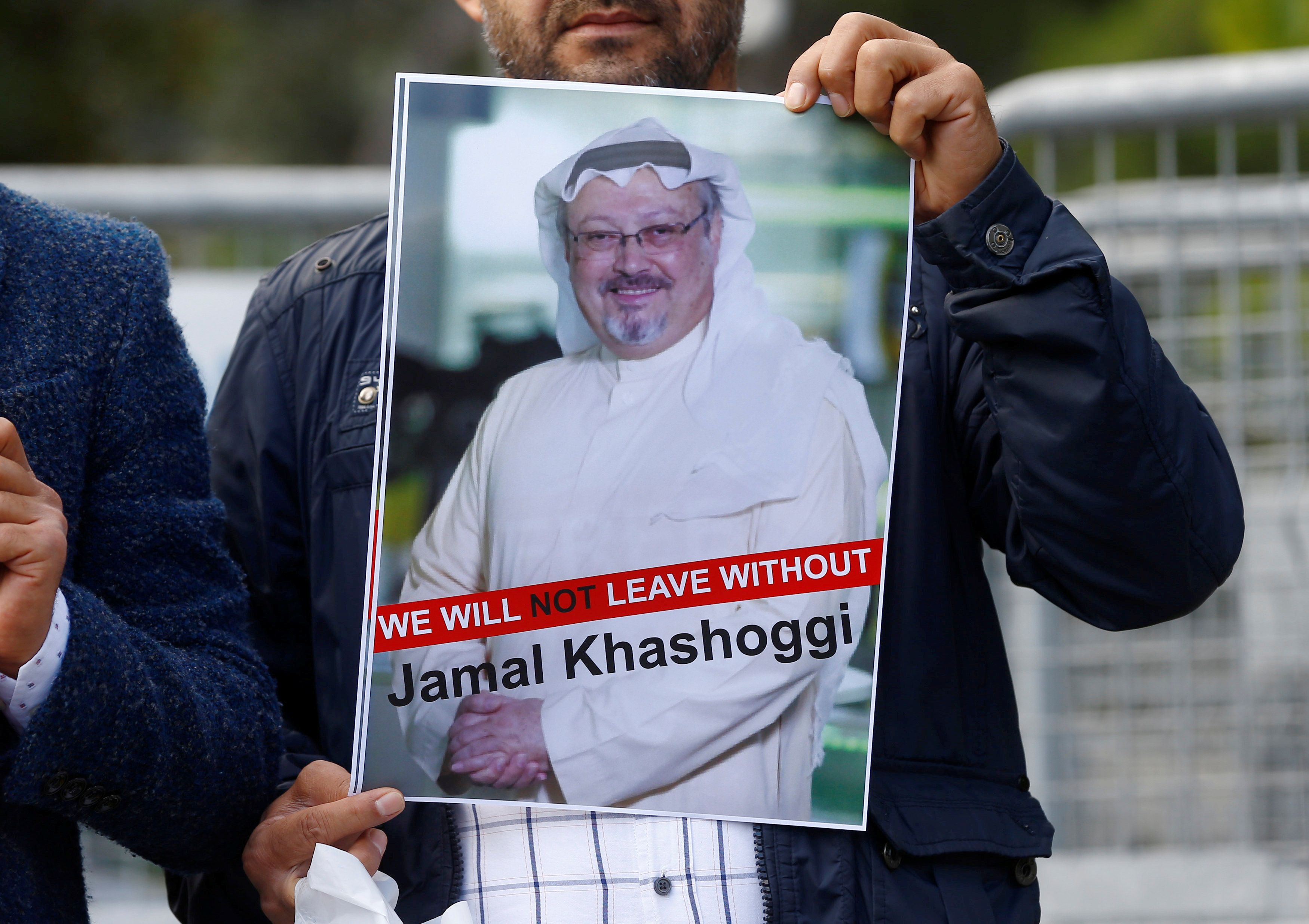Jamal Khashoggi is a man with an audience. Few of his fellow Saudis can match his 1.6 million Twitter followers. He’s a writer, journalist, and a one-time confidante of Saudi royals.
Then, presumably as part of a drive by Saudi Crown Prince Mohammad bin Salman (MBS) to consolidate power before he becomes king, several of Khashoggi’s friends were arrested. When Khashoggi spoke publicly on his friends’ behalf, he lost his job with the kingdom’s al-Hayat newspaper and was reportedly advised to stop tweeting.
In June 2017, Khashoggi left Saudi Arabia for the United States, where he has since written for The Washington Post. Khashoggi has become an outspoken critic of the Saudi government and crown prince, both in print and on various television networks.
“I have left my home, my family and my job, and I am raising my voice. To do otherwise would betray those who languish in prison,” Khashoggi wrote for thePost in September 2017. Of Mohammad bin Salman, Khashoggi said, “Yes, he’s fulfilling a promise to purge radicalism in Saudi Arabia. But… he’s not allowing any form of expression, except expression that supports him.”
One week ago, Khashoggi and his fiancée, a Turkish citizen, went to the Saudi consulate in Istanbul so that Khashoggi could fill out paperwork that would allow them to marry. Khashoggi, reassured by friends that Saudi officials would not arrest him, entered the building. His fiancée waited outside. Khashoggi never came out.
Turkish investigators say they believe Khashoggi was murdered inside the consulate, that the murder was planned in advance, and that Saudis smuggled his body from the building. The Saudi government denies the charge. No evidence has yet been publicly presented, but the astonishing accusation that Saudis have murdered a journalist in the heart of Istanbul has made headlines around the world.
The bigger picture: Beyond speculation about Khashoggi’s fate is a stark reminder of the shifting geopolitics of the Middle East. Relations between Turkey and Saudi Arabia are already strained, in part because Turkey has maintained constructive relations with Iran, a bitter Saudi rival that MBS wants to isolate. Turkey also has warm relations with Qatar, a country the Saudis have blockaded. Turkey’s own political system represents a brand of political Islam that Saudis see as part of an Arab Spring-related threat to the region.
How can Turkey respond to this shocking event? In the past, Turkey might have appealed for help to the United States, its NATO ally. To put it politely, this is an awkward moment for such an appeal. President Donald Trump has warm relations with the future Saudi king, and just two months ago Trump took the extraordinary step of imposing sanctions on Turkey in response to the detention of a US preacher still held inside that country.
Adding to Turkey’s isolation is the grim irony that this country is hardly a friend to reporters. In fact, Turkey is “the world’s biggest prison for professional journalists,” according to Reporters Without Borders, a rights organization.
In short, there’s just not much Turkey can do about this.
